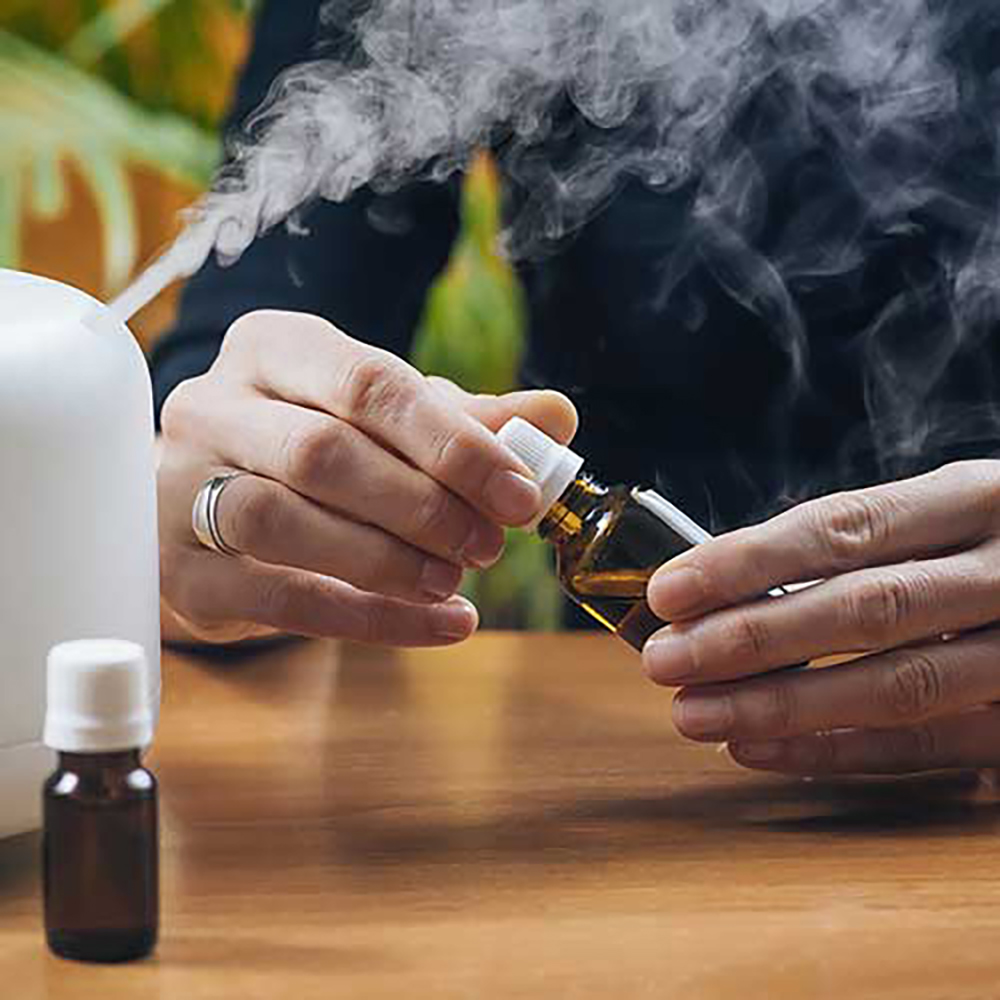Holistic care extends beyond physical manipulation or pharmaceutical medication, into a person’s environment, emotions, and spiritual health — to achieve an overall sense of health and well-being.
Holistic therapies have been shown to improve quality of life while relieving pain and anxiety — all relevant for palliative care patients with chronic illnesses and those on hospice during their end-of-life journey. Massage therapy, aromatherapy, healing touch, guided imagery, and relaxation techniques are therapies we incorporate. Other therapies include Reiki, pet, music, and art therapy. Patients and families praise these modalities, citing symptom and pain relief, reduced stress and anxiety, and comfort and support.
Massage therapy and healing touch create a calming environment. Sensitive massage of the arms, legs, feet, hands, and back can promote deep relaxation and better sleep. Healing touch is gentle and shown to reduce nausea, respiratory issues, depression, muscular aches, insomnia, anxiety, skin discomfort, constipation, edema, and stress.
Aromatherapy is another popular holistic approach. Essential oils including lavender, rosemary, and bergamot can promote relaxation, while scents can encourage the recall of pleasant memories.

Guided imagery, pet, art, and music therapy can decrease heart and respiratory rates, control pain and agitation, encourage movement, evoke reminiscence, and reduce feelings of depression and isolation. These modalities are often used for patients with memory loss.
Families benefit from holistic care when facing difficult decisions and challenges including anxiety and anticipatory grieving. Holistic therapy helps families understand symptom management, employ coping mechanisms, and take part in caregiving through simple massage and administering essential oils.
The Journey team’s whole-person approach focuses on the person’s body, mind, and spirit while addressing their environment, emotions, and spiritual well-being — helping people “live” until they are no longer able. During this time, through hospice or palliative care, quality of life is essential.













